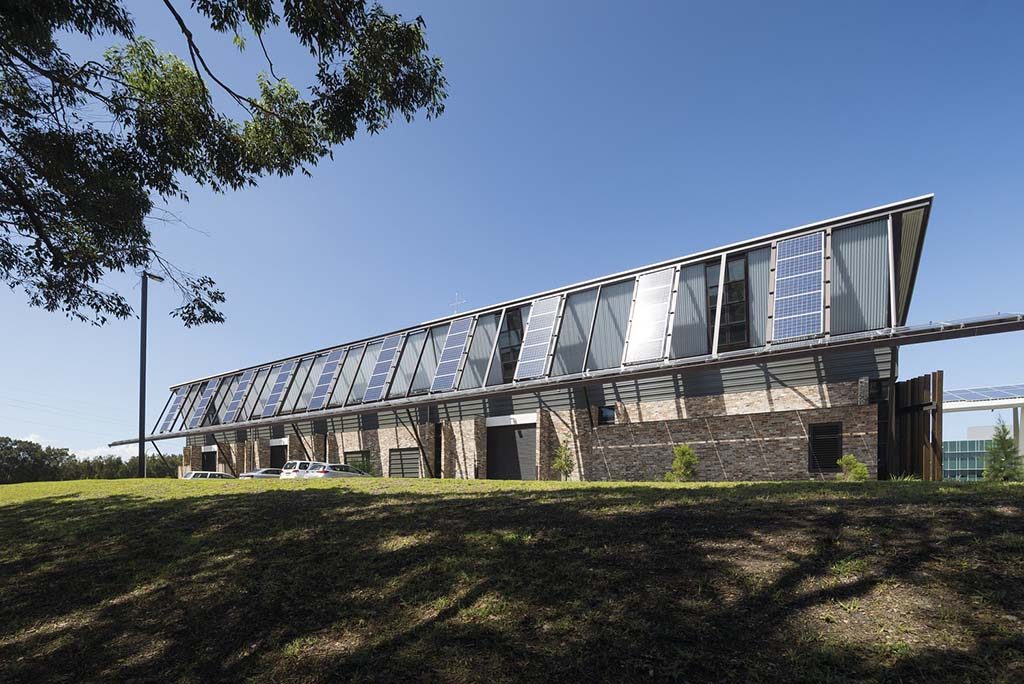Homeowners and real estate developers, delight in knowing that when purchasing a new HVAC system, the endeavor ensures comfort and efficiency in any dwelling. The time has never been more terrific to upgrade, especially as technology has advanced, bringing tremendous improvements to HVAC systems. Understanding what to ask when buying a new HVAC system can make a significant difference in ensuring you make the right choice for your needs.
HVAC, short for Heating, Ventilation, and Air Conditioning, plays a crucial role in maintaining an optimal climate inside your home or building. Whether installing a new system or upgrading an existing one, there are many factors to consider. With the marketplace teeming with options, remember the first and most crucial question: What to ask when buying a new HVAC system?

Key Factors to Consider
1. System Efficiency
Start by examining the system’s energy efficiency. Energy-efficient systems reduce electricity and gas bills, saving money in the long run. Look for models with a high Seasonal Energy Efficiency Ratio (SEER) rating, as they offer tremendous energy savings without compromising performance. For more on HVAC efficiency, visit Energy Efficiency.
2. System Size
Choosing the right size system is imperative as an inappropriate size can lead to unnecessary costs and inefficiencies. An oversized unit may cycle on and off frequently, causing wear and tear, while an undersized unit struggles to meet demand. Request a load calculation from the installer, a crucial step in size determination. Learn more about size considerations at Smallest HVAC System.
3. Warranty and Maintenance
Inquire about warranties and maintenance plans, as these can save money in the face of repairs and extend the life of your equipment. A robust warranty ensures peace of mind and protects your investment. Make sure to ask what services are included in the warranty and how often maintenance is recommended.
4. Installation and Costs
Ensure that installation is performed by qualified professionals to avoid complications and ensure the HVAC system is set up correctly. Costs vary based on system type, size, and features, so ask for a comprehensive cost outline to prevent hidden fees. Consider visiting suggested construction practices to maintain cost efficiency: Land Development Tips.
Advanced Technology and Upgrades
The advent of smart thermostats, zoned systems, and advanced air-quality controls signify significant progress in HVAC technology. Investigate these options when purchasing a new system, as they can enhance comfort levels and reduce energy consumption further. LEED Certification details more about achieving energy efficiency.
Safety and Environmental Impact
1. Indoor Air Quality
Consider a system that supports good air filtration and purification. Quality indoor air minimizes health risks and creates a comfortable living space. For more on maintaining superior air quality, explore Air Duct Cleaning.
2. Environmental Regulations
Check for systems in compliance with environmental standards. An eco-friendly HVAC system not only reduces your carbon footprint but may also qualify for tax rebates or incentives, helping offset initial costs.
Questions to Ask Your Installer
Are permits required?
Understanding local building codes and securing necessary permits for HVAC installations can affect your timelines and legal compliance.
What is the expected lifecycle of the system?
Inquire about the system’s longevity to plan for future needs and check if any components require regular replacements or upgrades.
What are emergency repair solutions?
Determine the availability of emergency repair services, ensuring you are covered during breakdowns or unexpected malfunctions.
Conclusion
Purchasing an HVAC system is a significant investment impacting your comfort, budget, and environmental footprint. Asking the right questions ensures you make informed decisions that align with personal preferences and household needs, providing long-term savings and satisfaction. Explore additional insights into the best practices for buying and installing HVAC systems by examining resources on building sustainability and environmental responsibility from Air Ducs Myths.

FAQs
What are leading HVAC brands to consider?
Popular brands often recommended for their performance and reliability include Trane, Carrier, and Lennox. Your final choice depends on specific needs and budget.
Is programmable thermostat integration necessary?
While optional, programmable thermostats significantly improve system efficiency by automating temperature adjustments based on occupancy and preferences.
How often should an HVAC system be serviced?
Regular bi-annual maintenance is recommended to enhance performance and extend lifespan. This includes cleaning components and checking for any irregularities.
As an Amazon Associate, I earn from qualifying purchases.




